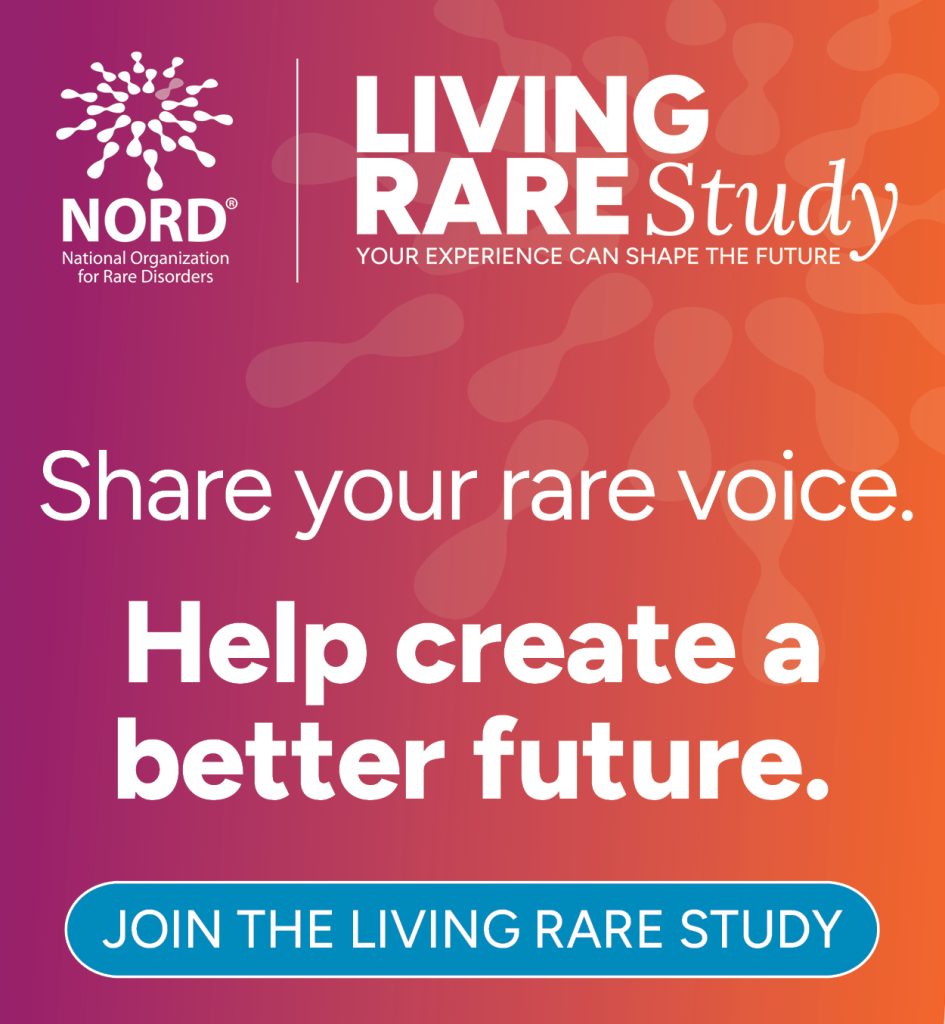By Peter L. Saltonstall and Tara Zier
For years, famed singer Céline Dion dealt with mysterious symptoms of severe muscle spasms and stiffening in her limbs that hampered her ability to walk and affected every aspect of her daily life – including singing the songs that have made her an international icon.
Recently, she learned the reason why.
Dion announced in mid-December that she had been diagnosed with Stiff Person Syndrome, a rare progressive neurological condition that can cause stiffness in muscles in the trunk, arms, and legs; greater sensitivity to noise and touch; and emotional distress, which can set off muscle spasms so severe they can break bones, dislocate joints, and cause life-threatening breathing problems.
It takes real courage to go public with personal health issues — perhaps even more so when the diagnosis is a largely unfamiliar condition that carries a decidedly unusual name and impacts only about one in every 1 million people.
Yet by sharing her story, Dion gave voice and hope to the 25 million Americans who are living with more than 7,000 conditions that have been classified as rare diseases.
Dion’s willingness to talk about her diagnosis also offers an opportunity for our organizations to call attention to the unique needs of rare disease patients and caregivers.
The National Organization for Rare Disorders (NORD) this year celebrates its 40th anniversary as the leading voice for the rare community. NORD provides patient advocacy and education, supports research, forges partnerships and mentors more than 340 disease-specific patient organizations such as The Stiff Person Syndrome Research Foundation (The SPSRF).
The SPSRF was born out of Tara’s personal experience. In 2014, she started experiencing a host of symptoms that ultimately left her spending many of her days huddled on a couch, unable to continue working as a dentist. Finally, in 2017, after years of going from doctor to doctor, she was diagnosed with Stiff Person Syndrome.
Later that same year, when her neurologist at Johns Hopkins told her he was denied an NIH grant to study Stiff Person Syndrome because there wasn’t enough existing research, Tara decided to take action.
In 2019, she founded The SPSRF to raise worldwide awareness and funds for better treatments and a cure. Today, the Foundation has assembled a medical advisory board consisting of some of the world’s top neurologists and provides patient support through education and collaboration.
Both of us are all too familiar with the unique challenges associated with rare diseases. For instance, on average it takes a staggering seven years to determine a patient has Stiff Person Syndrome. Tragically, that diagnosis often comes after they are fully disabled.
Even after patients are diagnosed with a rare disease like Stiff Person Syndrome, they often struggle to find medical professionals versed in their condition or information and resources to help them and their families navigate the disease.
Céline Dion’s diagnosis, which included years of uncertainty, tells us that even those with celebrity status and ample resources are not immune from these challenges.
Our heart goes out to Dion as she focuses on her condition. Her willingness to go public provides inspiration for those who suffer in the shadows and has already helped raise awareness and understanding of rare diseases to generate more funding for research and resources.
NORD’s motto is, “Alone we are rare. Together we are strong.” The spotlight that Céline Dion has shined on rare diseases offers promise that together we can gain a greater understanding of the devastating impact of rare diseases and can let those with rare diseases know they are not alone.
Peter L. Saltonstall is President and CEO of the National Organization for Rare Disorders.
Tara Zier is Founder and CEO of The Stiff Person Syndrome Research Foundation.






